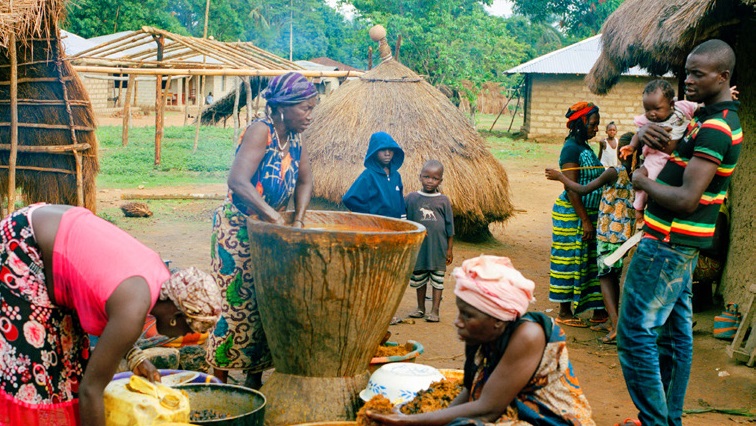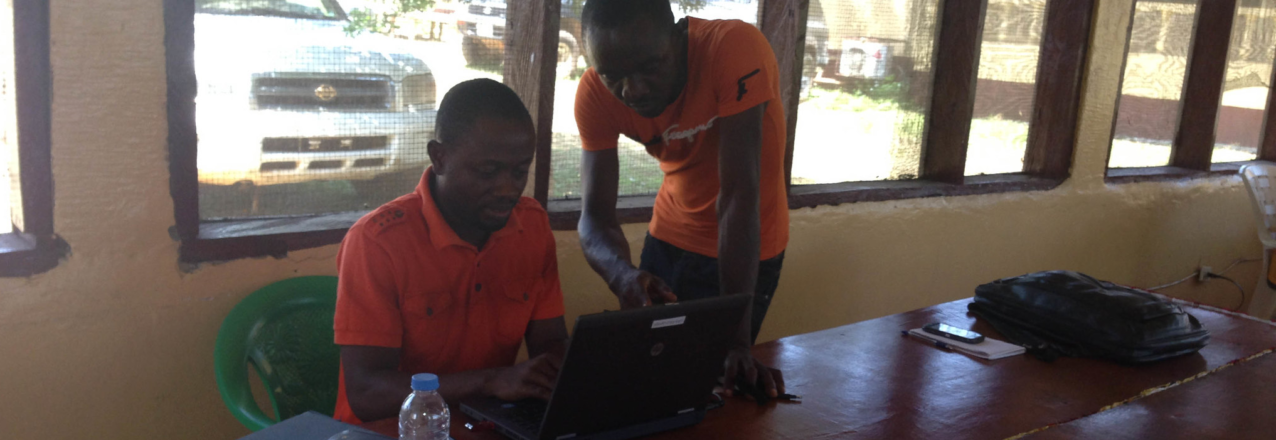Executive Summary 
This is, in many ways, a heartbreaking report. Overall, the data suggest that community land documentation and legal empowerment initiatives are, on their own, not sufficient to balance the significant power and information asymmetries inherent in interactions between rural communities and government officials, coming on their own behalf or accompanying potential investors.
Yet, by showcasing the rampant injustices faced by the study communities, this report aims to shed light on how best to address such imbalances of power and strengthen global efforts to protect community land rights. With renewed focus, incisive action, and considerably more legal support, it may be possible to shift the power dynamics inherent in community interactions with outside actors and ensure that communities remain on their lands, growing and prospering with or without external investment, according to their own self-defined goals and future vision.
From 2009 until 2015, Namati partnered with the Land and Equity Movement in Uganda (LEMU), the Sustainable Development Institute (SDI) in Liberia, and Centro Terra Viva (CTV) in Mozambique to undertake community land protection work in more than 100 communities. In late 2017, after six years had passed since the first group of communities had completed the community land protection process and at least two years had passed since the last group of communities had finished documenting their lands, Namati evaluated the impacts of its community land protection approach on communities’ response to outside actors seeking community lands and natural resources.
This study, undertaken from December 2017 until February 2018, aimed to understand whether and how community land protection efforts affect communities’ tenure security. The central assumption tested was: “Once communities know their land rights and have documented their land claims, they will act in an empowered way when approached by government officials and/or investors seeking land, and will have improved tenure security outcomes.” Specifically, the questions explored included:
- Are communities that have completed the community land protection process able to respond to external threats to their land rights in an empowered manner that promotes their tenure security, dignity, wellbeing and prosperity?
- Does formal documentation of community lands lead to greater tenure security? Alternatively, even in the absence of a formal title, deed, or certificate, does completion of Namati’s community land protection approach – which leaves a community with a map of its lands, formally adopted rules for local land and natural resource governance, MOUs of boundary agreements with neighboring communities, among other documents – lead to stronger tenure security?
During the study, researchers called the leaders and community-based animators/mobilizers of 61 communities in Liberia, Uganda and Mozambique who had completed their community land  protection efforts between 2009 and 2015 and asked if they had been approached by external actors seeking to claim or use their lands in the years since they completed the community land protection work. Researchers called 22 communities in Uganda, 25 communities in Mozambique, and 14 communities in Liberia. Of the 61 communities who were reached by phone, 28 (46%) reported that they had been approached by external actors seeking land and natural resources, while 33 (54%) reported that they had not.
protection efforts between 2009 and 2015 and asked if they had been approached by external actors seeking to claim or use their lands in the years since they completed the community land protection work. Researchers called 22 communities in Uganda, 25 communities in Mozambique, and 14 communities in Liberia. Of the 61 communities who were reached by phone, 28 (46%) reported that they had been approached by external actors seeking land and natural resources, while 33 (54%) reported that they had not.
When the researchers went to the field and held meetings to collect these communities’ stories, the 28 communities told stories of their 35 interactions with outside actors seeking land. Eight of these stories came from Liberia, twelve came from Mozambique, and fifteen stories came from Uganda. Of these:
- 12 stories involved government officials seeking community lands for government projects;
- 14 stories involved international investors seeking community lands and natural resources for tourism, agribusiness, mining and logging ventures; and
- 9 stories involved national, regional or local-level elites/investors seeking community lands and natural resources for investment purposes.


